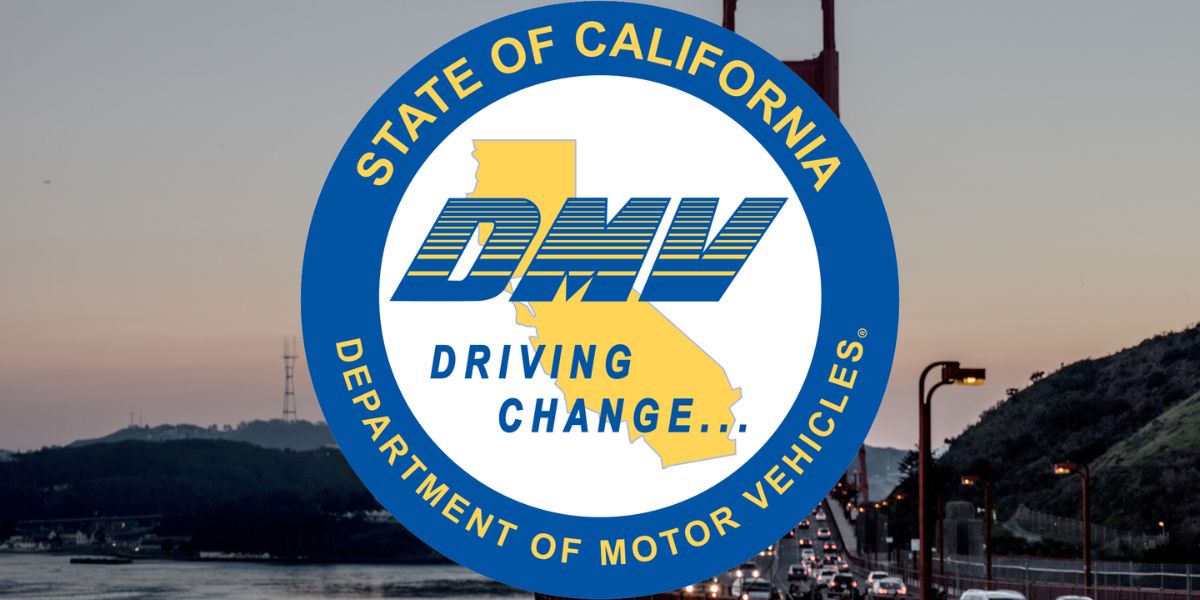WPBN: In order to assist law enforcement in combating risky sideshows and street takeovers, Governor Newsom signed a package in September that includes these regulations.
For impeding or barricading a highway or an off-street parking area in order to facilitate or help a speed contest or show of speed, AB 1978 permits law enforcement to confiscate a car without arresting the driver.
Law enforcement may take a car that was used in a speed demonstration from an off-street parking area for a maximum of 30 days under AB 2186. Vehicle sideshows are also referred to as “street takeovers,” as AB 2807 makes clear.
A motor vehicle speed contest or an exhibition of speed on a highway or off-street parking lot are among the additional offenses listed under AB 3085 that allow law enforcement to confiscate a vehicle in response to a warrant or court order.
AB 1777 establishes new ability for a law enforcement officer to issue a “notice of autonomous vehicle (AV) noncompliance” to an AV manufacturer for an alleged traffic infringement committed by one of their vehicles, provided the DMV adopts the required standards.
Additional standards for the interaction between first responders and autonomous vehicles (AVs) that run without a human operator in the vehicle are established by AB 1777, which goes into effect on July 1, 2026. One of the requirements is that manufacturers include a two-way device in their vehicles for communication with first responders.
Pilot Programs for E-Bike Safety: AB 1778 (Connolly) and AB 2234 (Boerner)
Marin County and its cities are authorized under AB 1778 to exclude individuals under the age of 16 from riding class 2 electric bicycles (e-bikes) and to mandate that all riders wear helmets until January 1, 2029.
San Diego County and its towns are permitted by AB 2234 to ban individuals under the age of 12 from riding class 1 or 2 e-bikes until January 1, 2029. Both pilot projects aim to lower injuries among young people.
Florida’s 2025 ‘Halo Law’: How It Will Change Interactions with First Responders?
AB 2111 (Wallis): Obstruction or Alteration of a License Plate
prohibits anyone from changing the reflective coating on their license plate in order to avoid being captured electronically for any reason. The goal of the regulation is to reduce traffic infractions that cameras can identify, such as toll evasion.
Theft and Vehicle Break-Ins – AB 2536 (Hoover)
adds the theft of auto parts, like catalytic converters, to the list of “vehicle theft crimes.” The statute allows counties more latitude in addressing automobile-related crime by utilizing the current vehicle registration costs.
2025 Major Changes: Missouri’s Top 2025 Laws Set to Take Effect From January 1
SB 1297 (Allen), the City of Malibu’s Speed Safety Pilot Program
gives the City of Malibu permission to use an automated speed enforcement system to launch a five-year speed safety pilot program. Malibu is only allowed to have five of these systems by law.
The pilot program is comparable to other approved pilot programs in San Francisco, Long Beach, Oakland, San Jose, Los Angeles, and Glendale. Reducing speeding and saving life are the objectives.
SB 1313 (Ashby) Driver Monitoring “Defeat” Devices
prohibits the use of or possession of a device intended to disable or tamper with a driver monitoring system on a car that has autonomous technology or sophisticated driving-assistance system features.

The purpose of the rule is to assist in addressing the problem of drivers disabling their DMSs while the car is moving, such as when they lay weights on the steering wheel to simulate hands on the wheel. These gadgets get around the safety measures meant to keep drivers vigilant.
What’s New for California in the New Year: Top Laws Set to Take Effect From January 1
Remote Access and Vehicle Tracking – SB 1394 (Min)
mandates that automakers give drivers the option to stop remote access to a car and its location in specific situations. Since some modern cars can now be tracked and operated from a distance, the law will provide victims of domestic abuse greater control over their privacy and stop abusive partners from using car technology to carry on their abusive behavior.
The option for a driver to request the termination of remote access must be available on a car manufacturer’s website starting July 1, 2025. The manufacturer must provide a way for a driver inside a vehicle to quickly disable remote access starting on January 1, 2028, for vehicles built on or after that date and equipped with the capability to receive software updates that provide the necessary functionality, or on July 1, 2026, for vehicles built before that date and equipped with remote access.
Beginning on January 1, 2028, the rule also mandates that a car equipped with remote access must notify anyone within when someone outside the car has accessed its features or position.
Promoting Modernization
Alternatives for a License Plate and Registration Card: AB 3138 (Wilson)
permits the use of a device that incorporates vehicle location technology in place of a conventional license plate or vehicle registration card for any vehicle starting January 1, 2027.
The law forbids an alternative device from recording or sending personally identifiable information and lays forth standards for how car positioning technology must be enabled or disabled. Additionally, this rule broadens the range of specialized license plates that can be copied onto a different device.
Source: DMV of California
REFERENCE

















































